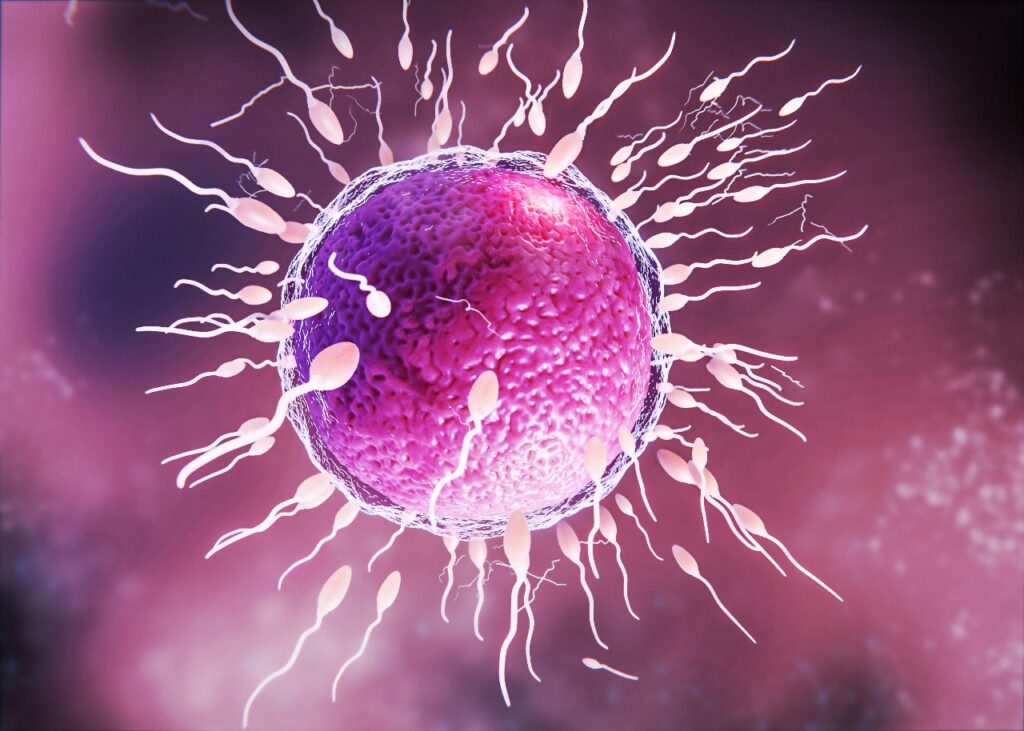The IVF Procedure: A Comprehensive Guide

Are you curious about IVF?
One of the most popular fertility procedures is in-vitro fertilization, or IVF. The traditional IVF procedure seems very straightforward at its most basic level: an embryo is created outside the body by combining an egg and sperm, and it is subsequently implanted into the uterus by a fertility doctor. Before you proceed with IVF, there are a few additional things you should know to help you better understand what to anticipate and determine if IVF is best for you.
The IVF Procedure: Detailed
Step 1: Consultation for IVF
The initial step in the IVF procedure is a consultation. You’ll get knowledge about the various forms of IVF that are accessible to you and gain insight into what your best course of action may be. You will also have the opportunity to talk about the success rates of IVF at your facility and financial considerations.
Step 2: Stimulations of the Ovaries
The ovaries are encouraged to release as many eggs as they can by ovarian stimulation. The likelihood of a healthy embryo increases with the number of eggs.
Your fertility physician will recommend specific drugs that contain follicle-stimulating hormones, or FSH, to stimulate the ovaries. These medications instruct the ovaries to begin producing eggs and getting them ready for release. You will have routine blood work and transvaginal ultrasounds during ovarian stimulation to monitor the effectiveness of the medications.
Step 3: Recovery of Eggs
An outpatient operation called “egg retrieval” involves manually harvesting the eggs that your ovaries have produced. You will receive a hormone injection to aid in the maturation of the eggs a day or two before this surgery.
Your doctor will carefully suction out each egg one at a time using a small needle during an egg retrieval (also known as follicular aspiration). Although cramping is normal in the first day or two after their extraction, you will be given pain medication during the surgery to prevent any discomfort.
Step 4: Fertilization of Eggs and Embryo Examination
Male partners will supply a sperm sample following egg retrieval, and its viability will be assessed. Insemination is the process by which eggs are fertilized if everything appears to be in order. Through a procedure known as intracytoplasmic sperm injection (ICSI), abnormal sperm can still be used for conception.
Fertilized eggs are closely watched to make sure they develop into embryos properly. Successful embryos will then undergo testing to determine their viability and, if asked, their genetic makeup.
Step 5: Transfer of Embryos
The embryo transfer is the final stage of the IVF procedure. This can be done using freshly fertilized embryos or frozen embryos, depending on your individual situation.
You will receive a shot before the transfer to assist prepare your uterus for the embryo or embryos and ideally enable their implantation. To improve the odds of success, many embryos are frequently implanted simultaneously.
Factors Affecting the IVF Schedule
For some folks, the IVF procedure may appear a little different. This is because there are several things that might affect the IVF schedule and make it take longer to finish one or more steps.
These elements consist of:
Individual health factors: Conditions such as endometriosis or polycystic ovarian syndrome, age, BMI, smoking, and alcohol use can all have a negative impact on success rates at different stages of the IVF procedure.
Treatment protocols: The step-by-step IVF process for conventional IVF differs from other IVF treatment modalities, as does the requirement for further IVF procedures such as embryo biopsies or cryopreservation (egg freezing).
Clinic-specific treatments: In order to improve the likelihood of a successful transfer, several clinics do extra procedures, such practice embryo transfers, that prolong the IVF process.
Controlling Emotions and Expectations Throughout the IVF Process
It’s common to have feelings of overload, anxiety, excitement, worry, fear, or a combination of these throughout IVF, especially when hormone therapy are involved.
It’s crucial to remember that each person’s experience with IVF can and frequently does differ. Self-care, community support, and professional counseling can all help you manage your emotions during this time. Talk to your doctor about any worries you may have or if you just want to get comfort on how things are going, and take things one step at a time.
Are You All Set to Begin Your IVF Adventure?
You must locate a reliable facility before beginning the IVF procedure. We at Promise Fertility Center are committed to helping our patients in every way we can during the IVF process. To find out more about IVF, please get in touch with us. Together, we can make sure you can approach the procedure with optimism, endurance, and patience.

1 Comment
Hi, this is a comment.
To get started with moderating, editing, and deleting comments, please visit the Comments screen in the dashboard.
Commenter avatars come from Gravatar.